Is It a Good Idea to Get a Home Inspection in the Rain?
When scheduling a home inspection, the weather isn't always predictable. Many homebuyers and sellers wonder whether a rainy day is a bad time for an inspection or if it could actually provide valuable insights into a property's condition. The truth is, rain can actually be a great advantage when it comes to assessing certain aspects of a home.
Advantages of a Rainy-Day Home Inspection
Roof Leaks Become More Apparent
One of the biggest concerns for homeowners is the integrity of the roof. During a home inspection in dry weather, signs of roof leaks might not be as evident. However, rain can highlight active leaks, water stains, or issues with flashing and drainage that might otherwise go unnoticed.Gutter and Drainage System Evaluation
A home's gutters and downspouts play a crucial role in directing water away from the foundation. Rain allows an inspector to see how well the drainage system is functioning. Overflowing gutters, improper drainage, or pooling water near the foundation can indicate potential issues.Basement and Crawl Space Moisture Issues
Rain provides a perfect opportunity to assess if water is seeping into basements or crawl spaces. Signs of dampness, puddling, or even foundation cracks that let water in can be more easily detected during or after rainfall.Grading and Exterior Water Management
Proper grading is essential to prevent water from flowing toward the home’s foundation. During a rainy inspection, an inspector can observe how water moves around the property and whether the grading is sufficient to prevent long-term water damage.Window and Door Seals
Rain can expose weak seals around windows and doors, leading to drafts and moisture intrusion. If an inspector notices water infiltration, it could mean the home needs caulking or sealing to prevent damage and energy loss.
Potential Challenges of a Rainy-Day Inspection
While rain can be beneficial for uncovering moisture-related issues, there are some drawbacks:
Limited Roof Visibility: Heavy rain may make it unsafe for inspectors to walk on the roof, limiting their ability to assess shingle condition up close. However, they can still use drones or binoculars to inspect the roof from the ground.
Delays in Exterior Evaluations: Some aspects of the inspection, such as siding, decks, and fences, might be harder to evaluate thoroughly in heavy rain.
Muddy Conditions: If the property has a lot of outdoor features, excessive mud and standing water could make certain areas difficult to inspect properly.
Should You Reschedule?
Unless the rain is severe (such as during a storm with lightning or high winds), there's usually no reason to cancel or reschedule your home inspection. In fact, a rainy-day inspection can reveal crucial information that a dry day might not. If you're considering a home purchase, getting a thorough understanding of how the home handles wet weather can give you peace of mind—or alert you to potential costly repairs.
Final Thoughts
While rain might seem like an inconvenience, it can actually work in your favor when getting a home inspection. A well-trained inspector can use rainy conditions to uncover hidden issues that might otherwise go undetected. If you’re in the process of buying a home, embracing a rainy-day inspection could be one of the best decisions you make in ensuring your future home is structurally sound and weatherproof.


